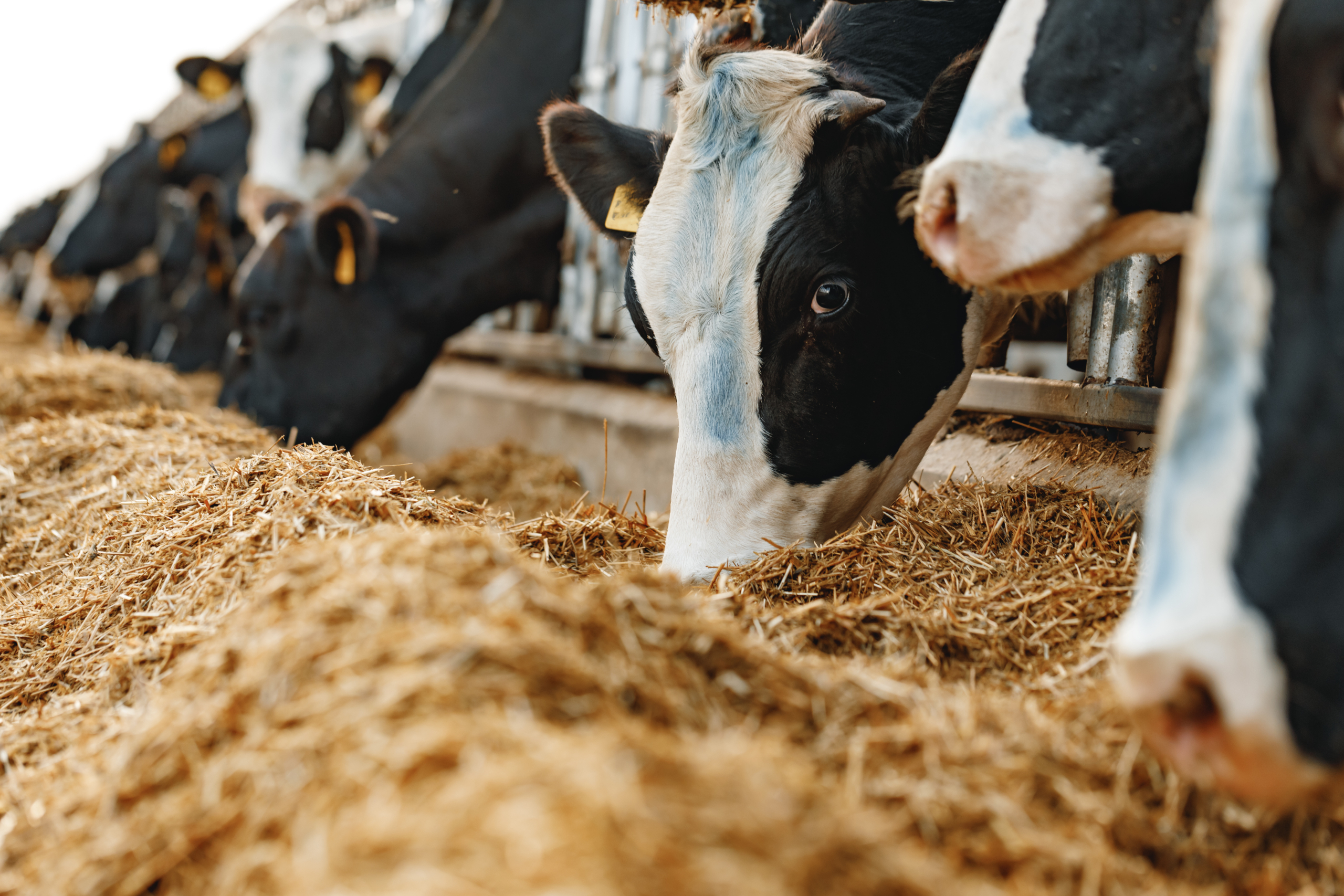NEW
New type of vaccine to combat paratuberculosis in ruminants
27 September 2022New type of vaccine to combat paratuberculosis in ruminants
- The NEIKER technology centre has developed a vaccine, the first in oral form, to combat paratuberculosis in ruminants, a disease that is a severe health and economic problem for livestock operations worldwide
- Among other advantages, this new method of oral administration prevents interference with bovine tuberculosis diagnosis
There are various infectious diseases that cause serious economic losses on livestock farms but are not subject to official eradication programmes. One of these is paratuberculosis, a disease that is principally spread by fecal-oral transmission and affects, above all, ruminants such as goats, sheep, cows and deer.
Developing a new vaccine to combat paratuberculosis is essential, because the current commercial vaccines aimed at cattle are only permitted in some countries as they interfere with the diagnosis of other diseases such as tuberculosis, which is subject to strict checks. In this context, the NEIKER technology centre, member of the Basque Research and Technology Alliance (BRTA), as part of the PROBAK project, has developed an oral vaccine to treat paratuberculosis is this animal species.
“The vaccine’s administration route is very important because the current vaccines inoculate subcutaneously and the mycobacteria is principally transmitted orally. Using the same route as the natural infection is usually more effective. In addition, in this case we have verified that oral administration of this vaccine, or even some probiotics also tested, does not cause any interference with the diagnosis of bovine tuberculosis”, explained Dr. Natalia Elguezabal, researcher of NEIKER Animal Health Department, who has led the project.
Similarly, the technology centre has been able to see that this vaccine has another very important benefit: it is able to stimulate the animal’s immune system, at the same time increasing its antimicrobial action against other bacteria that affect livestock. These results reinforce the idea that the vaccination against paratuberculosis can protect these animals against other diseases in the initial stages of their life.
Benefits for people
The livestock farmers are the ones who most suffer the consequences of this type of disease, as it causes them significant losses due to reduced production, as well as the need to euthanise the sick animals early as no treatment exists. Specifically, and from a technical and economic point of view, each new clinical case can entail a cost of up to 1,500 euros.
“From what we have been able to see in our study, thanks to this new vaccine it is feasible for farmers to see an improvement in their animals’ health on a general level, not only against paratuberculosis, but also against other bacterial infections on the farm”, said Elguezabal.
Food safety is another of the benefits associated with the use of this new vaccine, because if the animals are vaccinated they suffer less disease, guaranteeing their welfare, and produce safe, healthy food. On the other hand, the bacterium that causes paratuberculosis has been linked to a variety of diseases that affect humans and are considered autoimmune, such as Crohn’s disease, a disorder that shares similarities with paratuberculosis.
This disease, which causes serious disorders in affected people, has been studied the most and is most strongly linked. Like paratuberculosis, Crohn’s disease is also a chronic inflammatory bowel disease, with intermittent flare-ups of abdominal pain, diarrhoea and weight loss. “The links between the bacterium that causes paratuberculosis in ruminants and Crohn’s disease is not yet considered fully accepted within the medical community. Nevertheless, there are more and more signs that it is one of its causes”, concludes Elguezabal.
If the link between Crohn’s disease and the bacterium that causes paratuberculosis is definitively proven, this vaccine prototype could be of interest as treatment for these patients.



